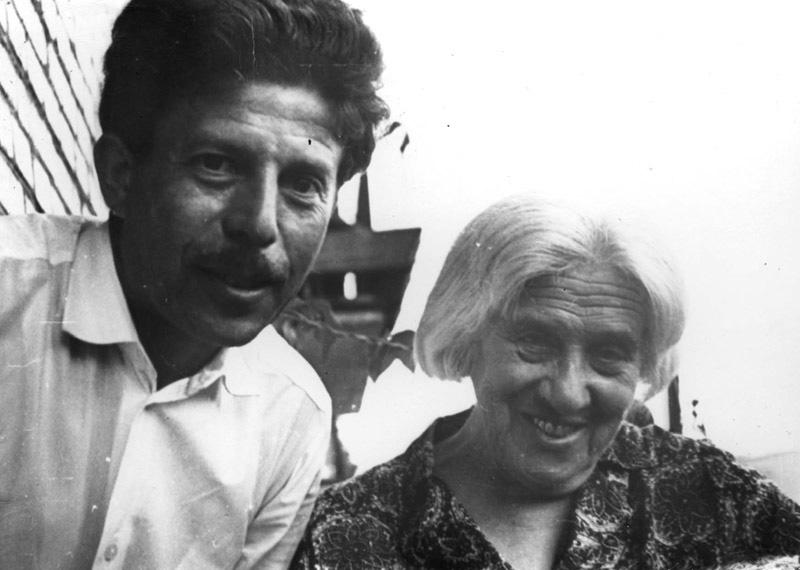On the eve of the German invasion of the Soviet Union, Mariya Yevdokimova was living with her husband Andrey and their sons, seventeen-year-old Gvidon and thirteen-year-old Boris, in Minsk. When the war broke out, Andrey was conscripted into the Red Army.
Only a few days after a ghetto was established in Minsk, Yevdokimova began to look after fifteen-year-old Fyodor Revzin, whose mother, Sofiya, was a close friend of Yevdokimova’s from before the war. Fyodor had been left alone in the city after his mother and brother had successfully fled eastwards. He found Yevdokimova’s home a comfortable refuge from ghetto life and, in November 1941, just before a major “Aktion,” he was afforded permanent shelter there. Yevdokimova hid Fyodor for one month despite endangering her life and the lives of her sons by doing so.
After a month, Fyodor decided to move elsewhere because one of Yevdokimova’s neighbors, a policeman, knew Fyodor and his family well and this made his presence there particularly perilous. He headed eastwards in the hope of crossing the front. He wandered around villages for many months and he only returned to Minsk after it was liberated.
Once back in Minsk, Fyodor discovered that the Gestapo had killed Yevdokimova’s sons, who were involved with the underground, and that when her husband returned from battle and heard the news of his children, he fell ill and died shortly afterwards. After Fyodor’s mother and brother returned home, Yevdokimova, who was left totally alone, became an integral part of the Revzin family.
On May 6, 1996, Yad Vashem recognized Mariya Yevdokimova as Righteous Among the Nations.

